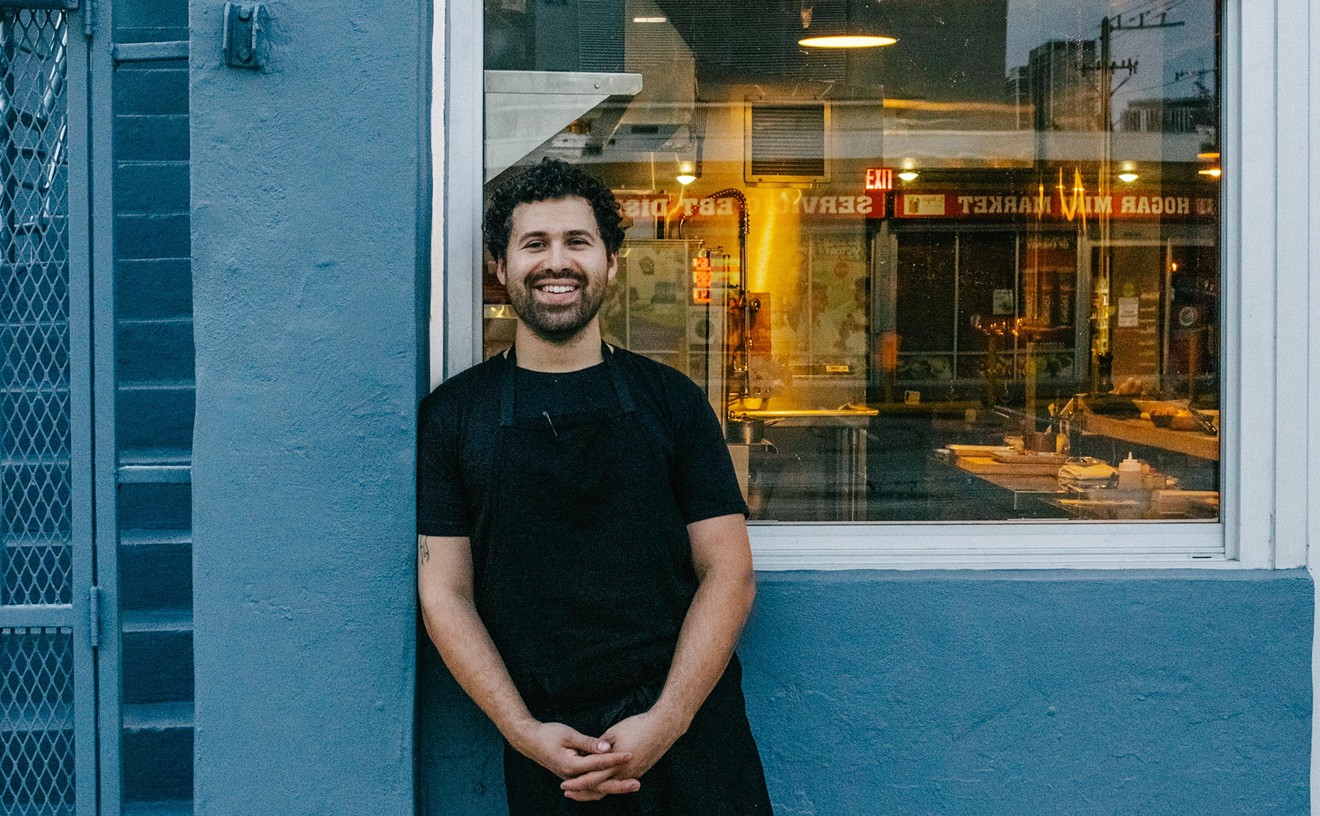The bulk of the action takes place a decade earlier and a world apart -- on the Caribbean island of Trinidad in the mid-1940s. These scenes prove equally evocative. Lush and tropical, they unfold in the same gentle, lilting rhythm as the colorful patois spoken by the islanders. Adapted from a semiautobiographical novel by Nobel laureate V.S. Naipaul, The Mystic Masseur is a comedy of manners set amid Trinidad's large Indian population. It concerns Ganesh Ramsumair (Aasif Mandvi), an aspiring writer who leaves the city and returns to his family's small village after the death of his father, in the hopes that the rural setting will provide a tranquil environment for his writing. When his first book doesn't sell, Ganesh turns to his father's profession, faith healing. Despite an inauspicious beginning, he gradually gains a reputation as a master healer. That jump-starts his literary career, since suddenly everyone wants to buy a book by the legendary "mystic masseur."
"A man is only as big as his ambitions," states Ganesh, whose own ambitions grow ever grander. No longer content with mere literary success, he turns his attention to politics.
The film has a gentle, mocking tone that manages to poke fun at the characters without maligning their dignity or inherent decentness. This is especially true for Ganesh who, despite endless pompous pronouncements and a woefully inflated self-image, also has a winsome naïveté about himself and a contagious exuberance for life. The viewer laughs at his excesses but warms to his enthusiasm and his unabashed love of literature and knowledge.
It was Naipaul's own devotion to learning and books that propelled him from his native Trinidad to Oxford University with a scholarship. The year was 1950 and he has lived in Britain ever since. His alter ego in The Mystic Masseur is an earnest young Oxford student named Partap (Jimi Mistry) who, as a child growing up in the West Indies, knew and admired Ganesh, and it is he who waits at the British rail station in the film's opening scene.
A small story, with fewer lofty ambitions than its lead character, the film runs out of steam at a certain point. Overall its leisurely pace and lack of overt action will bore some filmgoers, while its final section, during which Ganesh pursues his political aspirations, feels strangely hurried and less satisfying than the rest of the story. In keeping with the film's somewhat waggish tone, its message seems to be both an exhortation to pursue one's dreams and an admonition to be careful what you wish for.
The actors all are wonderful, beginning with Mandvi as the dreamer so intent on pursuing his goals that he does not see his own foolishness. Ayesha Dharker, so memorable as the teenage suicide bomber in The Terrorist, is equally good as Ganesh's loyal if sometimes exasperated wife, Leela, while the great Indian actor Om Puri plays his opportunistic, shysterlike father-in-law, Ramlogan. Veteran Indian actress and dancer Zohra Sehgal is an absolute delight as Ganesh's elderly but spry aunt. Special mention should also be made of the film's score by Zakir Hussain. A fusion of Indian and Western melodies, it fits the film's laid-back but buoyant mood like a glove.









